#SVYALit Project: Bone Gap and Survivor Stories, a guest post by author Laura Ruby
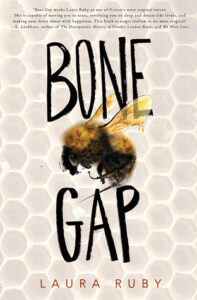 One of the best books I have read in 2015 is the upcoming Bone Gap by Laura Ruby. It is a stunning and haunting look at a world where you can easily fall between the gaps. If hard pressed to come up with a if you like, I would say that this is reminiscent of the very best of Ray Bradbury, think Dandelion Wine and Something Wicked This Way Comes. Today I am honored to have Laura Ruby here guest posting for The #SVYALit Project about Survivor Stories.
One of the best books I have read in 2015 is the upcoming Bone Gap by Laura Ruby. It is a stunning and haunting look at a world where you can easily fall between the gaps. If hard pressed to come up with a if you like, I would say that this is reminiscent of the very best of Ray Bradbury, think Dandelion Wine and Something Wicked This Way Comes. Today I am honored to have Laura Ruby here guest posting for The #SVYALit Project about Survivor Stories.
I had numerous beta readers for my YA novel BONE GAP—some for their expertise on horses and farms, some for their expertise on myth and language, others simply because they know a good story when they read one and they’d tell me where mine needed work. Out of the dozen-plus people who read this book pre-pub, only one person asked a question that I still can’t get out of my head. Clearly my character Roza is a victim of some sort of sexual violence, he said, but the details are somewhat mysterious. What exactly happened to her?
ADVERTISEMENT
ADVERTISEMENT
Well, I told him, Roza didn’t exactly share the specifics with me.
Yeah, okay, maybe this is snotty answer to a perfectly reasonable question from a thoughtful person. And maybe my answer is also a little bit bananas; I wrote Roza’s story, how could she—a figment of my imagination!—choose to keep the gory details of something so terrible entirely to herself? And wouldn’t it be better for readers to get the whole story in all its humiliating, awful detail? Don’t we need it to understand her?
What exactly happened?
What exactly?
The idea we are somehow owed the stories of victims of sexual violence is pervasive, and to my mind, rather astonishing, considering our burning hostility toward such victims, our collective tendency toward creepy voyeurism. In one of the more bizarre book reviews I’ve ever read, a reviewer claimed she threw Roxane Gay’s Bad Feminist across the room because Gay summed up her own gang rape at the age of twelve like this:
“They kept me there for hours. It was as bad as you might expect.”
The reviewer argues that the details of Gay’s rape are necessary, “Not because I think we need another graphic, sensational account of violence, we need a graphic, realistic account of violence that proves it needs to be taken seriously and stopped.”
And yet, graphic, realistic accounts of sexual violence are everywhere and we still don’t take them seriously. Even photographs and videos don’t stand as proof; we use the evidence to pick apart the stories, to explain away the violence, to discount and dismiss. To blame the victim who got in the car went to the dorm room went to the frat house went to the party went on the date went to the woods with someone she loved.
Even love is used against victims. Even that.
Underneath the belief that we’re owed victims’ stories is the more insidious belief that what the victim really owes us is her/his/their pain. That because you’ve been violated, you must put words to that violation, and through the telling suffer again and again for some greater societal good, or simply to satisfy our morbid curiosity — “OMG, did you hear about…?!”
After the Bad Feminist review appeared, Ms. Gay was moved to write her story in the graphic detail the reviewer had demanded.
I read the whole account with my hand over my mouth.
It was exactly as bad as I expected.
ADVERTISEMENT
ADVERTISEMENT
I support rape victims who come forward and bravely recount their stories, as Gay did. And I support rape victims who choose not to. I’m not a cop or a lawyer, I will not be investigating or prosecuting any cases. I am not owed this kind of confidence. And we, as a culture, haven’t earned this kind of trust. Too often we prove ourselves entirely unworthy of it.
Gay says: “We don’t know how to hear stories about any kind of violence, because it is hard to accept that these things are complicated, that you can love someone who hurts you, that you can stay with someone who hurts you, that you can be hurt by someone who loves you, that you can be hurt by a complete stranger, that you can be hurt.”
In BONE GAP, I didn’t write about the specifics of Roza’s sexual violation because I was more interested in the toll that violation took on her: the all-encompassing shame that sapped her strength and her will, the horror at the string of sociopaths who somehow sensed the nature of her wound and reveled in it, the sheer terror she felt when she finally stumbled into a person she might be able to trust. Mostly, though, I wanted to write about her refusal to be defined by what was done to her.
If it’s remotely appropriate to ask victims of sexual violence anything, let’s instead ask how the violence affected them, how they have coped since, how we can help.
What exactly happened is that they survived.
Meet our Guest Blogger
Raised in the wilds of suburban New Jersey, Laura Ruby now lives in Chicago with her family. Ruby is also the author of the Edgar-nominated children’s mystery LILY’S GHOSTS (8/03), the children’s fantasy THE WALL AND THE WING (3/06) and a sequel, THE CHAOS KING (5/07) all from Harpercollins. She writes for older teens as well, and her debut young adult novel, GOOD GIRLS (9/06), also from Harpercollins, was a Book Sense Pick for fall 2006 and an ALA Quick Pick for 2007.
Publisher’s Book Description
Everyone knows Bone Gap is full of gaps—gaps to trip you up, gaps to slide through so you can disappear forever. So when young, beautiful Roza went missing, the people of Bone Gap weren’t surprised. After all, it wasn’t the first time that someone had slipped away and left Finn and Sean O’Sullivan on their own. Just a few years before, their mother had high-tailed it to Oregon for a brand new guy, a brand new life. That’s just how things go, the people said. Who are you going to blame?
Finn knows that’s not what happened with Roza. He knows she was kidnapped, ripped from the cornfields by a dangerous man whose face he cannot remember. But the searches turned up nothing, and no one believes him anymore. Not even Sean, who has more reason to find Roza than anyone, and every reason to blame Finn for letting her go.
As we follow the stories of Finn, Roza, and the people of Bone Gap—their melancholy pasts, their terrifying presents, their uncertain futures—acclaimed author Laura Ruby weaves a heartbreaking tale of love and loss, magic and mystery, regret and forgiveness—a story about how the face the world sees is never the sum of who we are.
Publishes March 3rd, 2015 from Balzer & Bray/HarperTeen. ISBN: 9780062317605
Filed under: #SVYALit, #SVYALit Project, Sex and Violence, Sexual Abuse, Sexual Assault, Sexual Violence, Sexual Violence YA Lit
About Karen Jensen, MLS
Karen Jensen has been a Teen Services Librarian for almost 30 years. She created TLT in 2011 and is the co-editor of The Whole Library Handbook: Teen Services with Heather Booth (ALA Editions, 2014).
ADVERTISEMENT
ADVERTISEMENT
SLJ Blog Network
The Best Children’s Books of 2024 (According to Amazon)
Fuse 8 n’ Kate: My Friend Rabbit by Eric Rohmann
Exclusive: Random House Graphic to Launch Global Comic Line Ink Pop | News
The Seven Bills That Will Safeguard the Future of School Librarianship
Gayle Forman Visits The Yarn!
ADVERTISEMENT



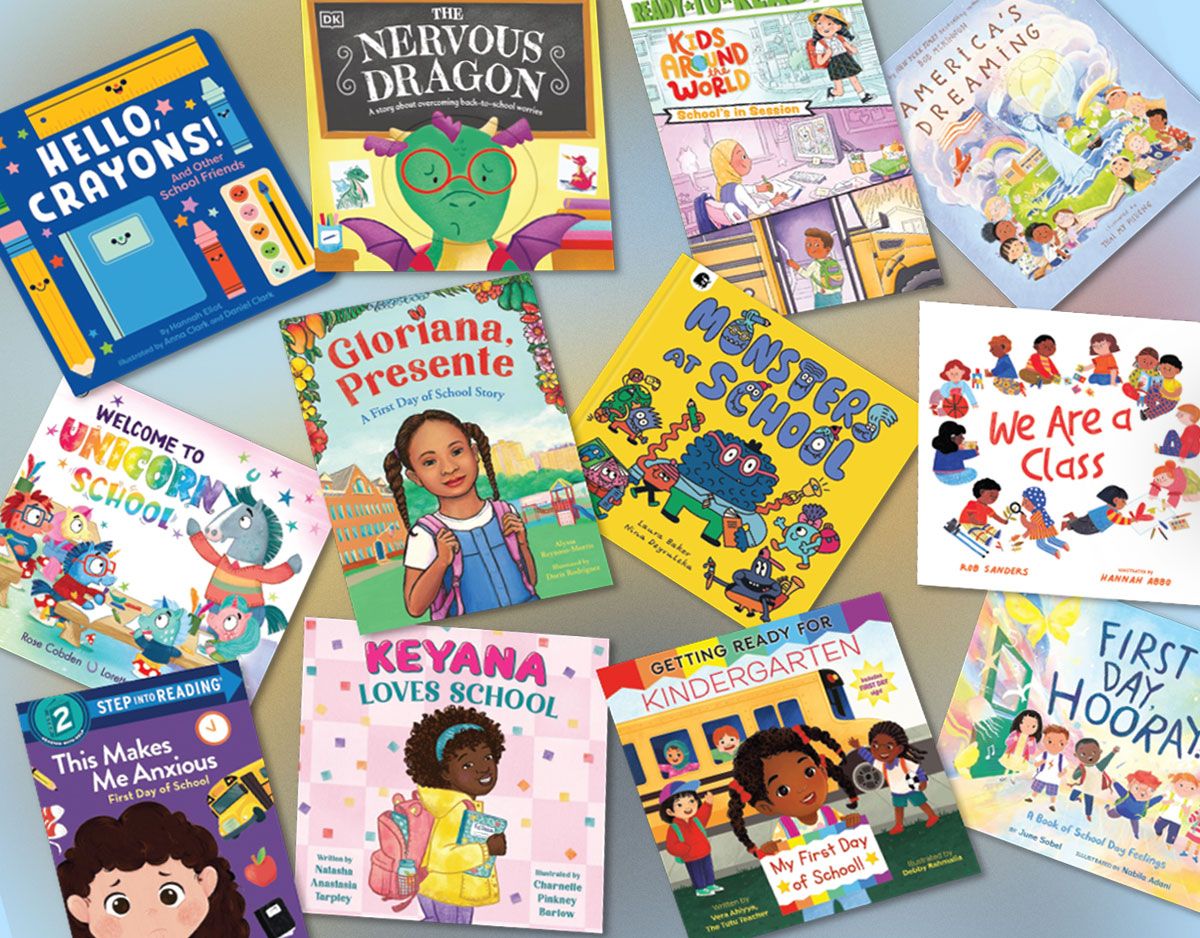
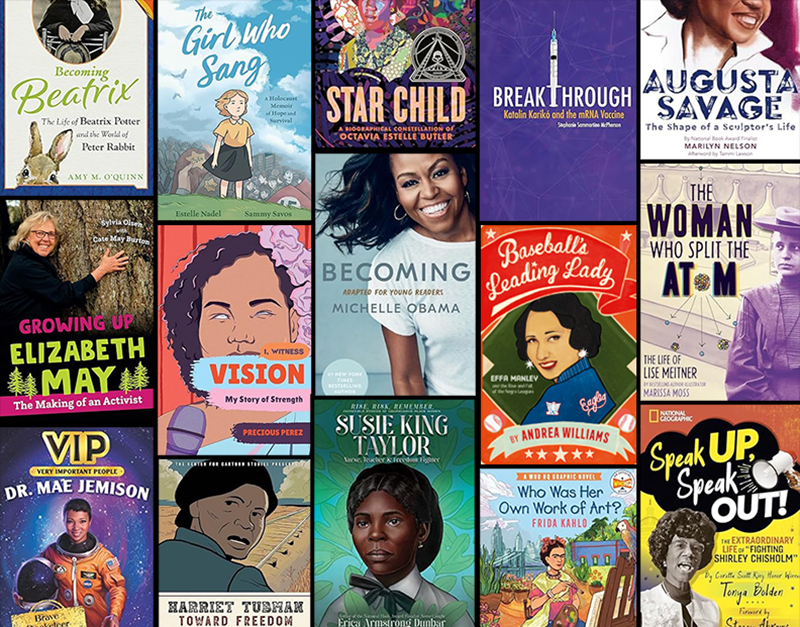
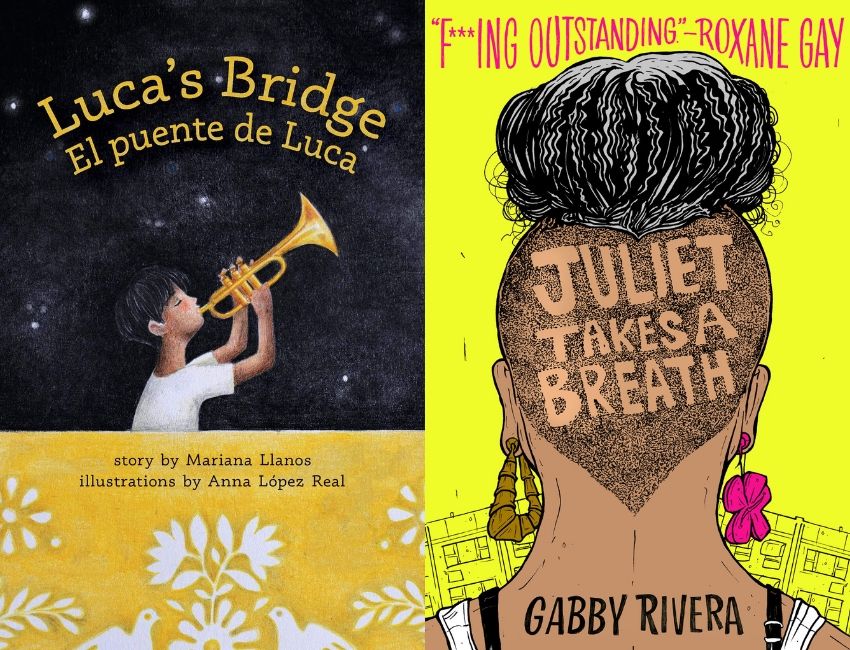
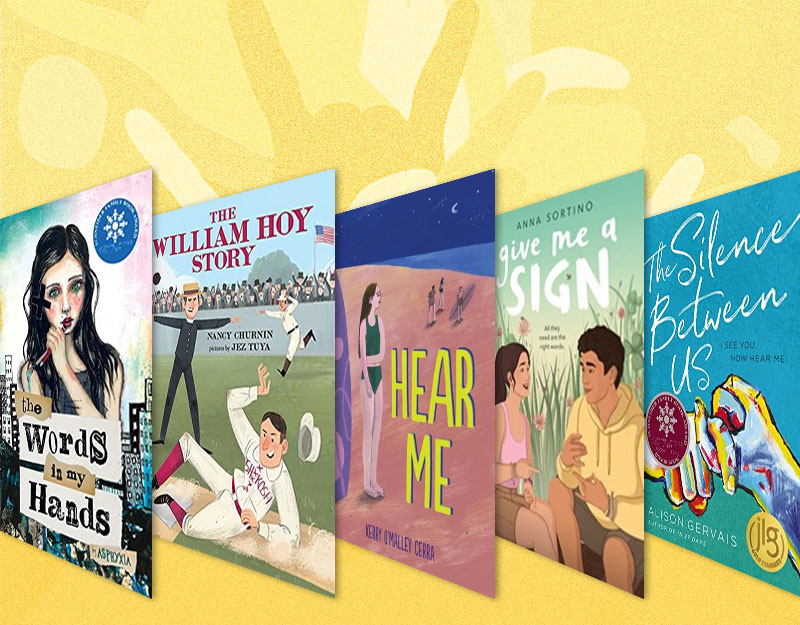
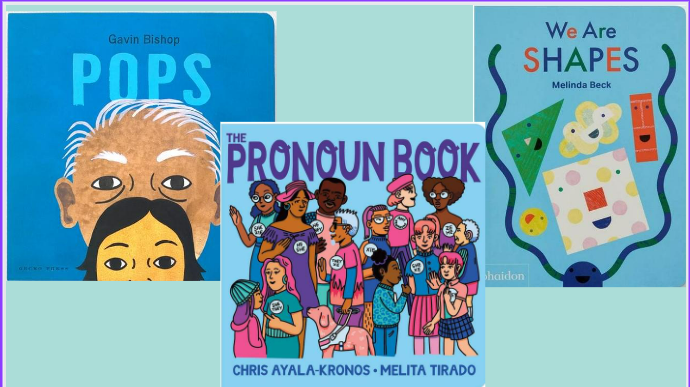
Brilliant. Appropriate. Well said. Exactly.
Having been dragged into the discussion on exactly what sexual assault does to a survivor by the unfortunate and horrifying witnessing of ‘s situation, I find myself wanting to punish anyone who asks for more details, by actually giving them a couple details. Then of course they’re horrified too. The mean part in me hopes they can’t sleep either.
I blame reality shows. Scripted yet purporting to show real life, they nurture an insatiable desire to know the awful details without having to actually live them. And judging the victim is part of the game.
Sorry but Reality shows cannot take all the blame. I was living in a town where a child was hit and killed running into the street. Mom witnessed it. The journalist shoved a mic into her face and wanted to know what she was feeling! This was prereality show era. It is more a societal failing than any one specific cause I think. Shame on us all. I’ll have to take a look at Bone Gap.
This is a beautiful post. I am grateful you were not graphic in the descriptions of Roza’s .predicament. If we have never experienced violation, it is not our place to revel in the details of those who have. If they want to share, it is their decision. You did a superb job of conveying the horror of Roza’s abductor without resorting to brutality. I felt Roza’s terror vividly, because her captor’s very restraint added to my fear. The scene where he touches her as if to bring her comfort still has the capacity to frighten me. Excellent work.